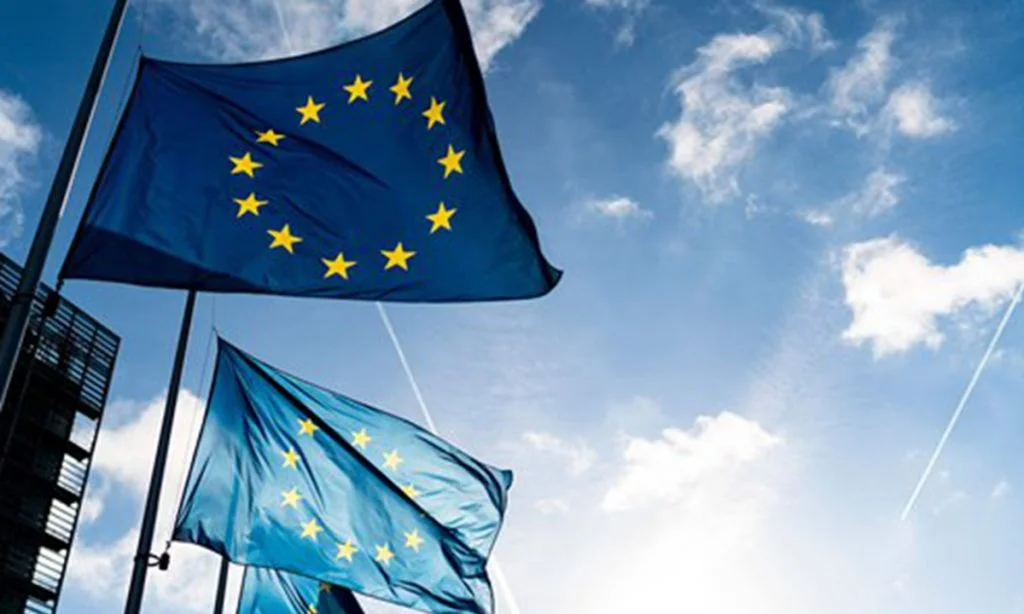The European Union is soliciting opinions from financial services specialists on the prospective adoption of a digital euro including international payments, privacy, and the influence on financial stability.

The European Union’s Directorate-General for Financial Stability, Financial Services, and Capital Markets Union announced on Tuesday that it would be preparing an assessment of the central bank’s digital currency based on the anticipated impact on financial service providers, retail users, and chambers of commerce.
The commission will confer with industry experts on problems such as international payments, privacy, the influence on the banking sector and financial stability, use cases alongside cash payments, and anti-money laundering and counter-terrorist financing legislation when it comes to the digital euro.
According to the consultation document. “For a digital euro to be used as the single currency, concurrently with euro banknotes and coins, it would require a regulation of the co-legislator, upon a proposal by the commission, Moreover, additional legislative adjustments of the current EU legislative framework to adjust to the digital euro and possibly to digital currencies issued by central banks of non-euro area member states may be needed.”
The digital euro consultations will be in addition to those held by the European Central Bank, which recently announced the results of focus groups commissioned in September 2021. According to consumer and merchant feedback, the possible implementation of a digital euro might benefit from use cases both online and in physical retail shops. Responses will be accepted until June 14 by the European Commission.
The European Commission’s finance chief, Mairead McGuinness, announced in February that legislation for a digital euro would be submitted in 2023. The European Central Bank has been looking into the possibility of creating a digital euro, as interest in central bank digital currencies appears to be increasing around the world. A digital euro, according to an ECB consultation that ran from October 2020 to January 2021, might help lower interest rates, speed up transaction procedures, and reduce the need for currency.
